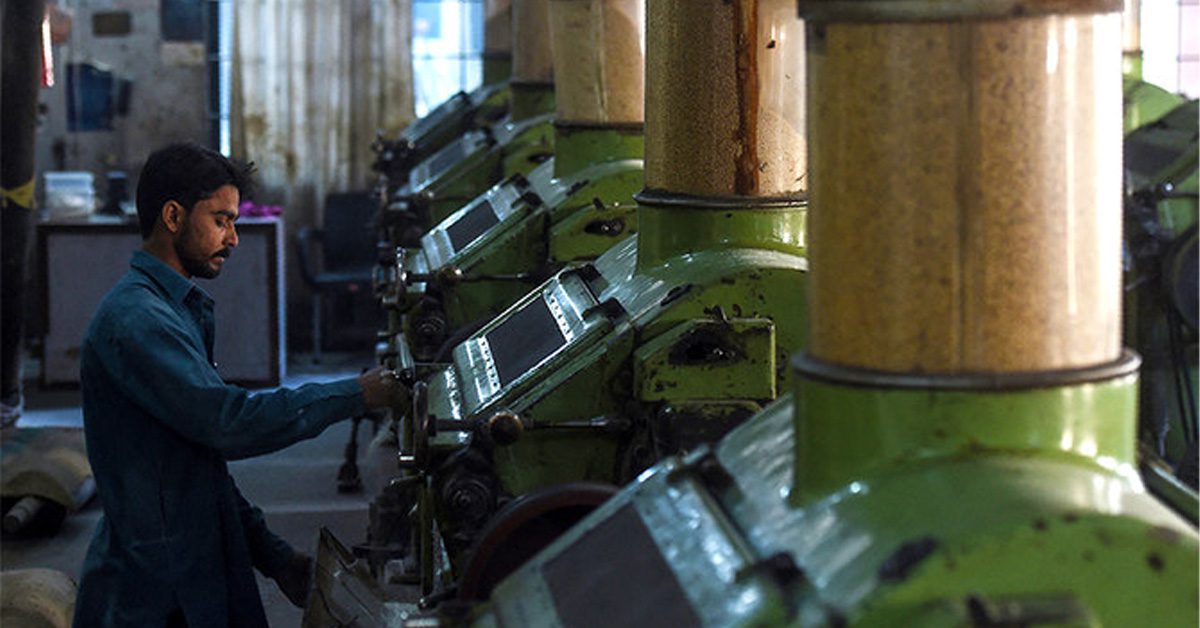Business leaders in Karachi have warned that rising petrol prices will boost costs for all goods and products, adding 5% to the cost of industrial output.
They voiced worry that the strict conditions set by the International Monetary Fund (IMF) will tax the country rather than the rulers and bureaucrats, who have long enjoyed luxury.
According to the announcement, the price of petrol has risen on the international market during the previous two weeks, while the price of high-speed diesel (HSD) has fallen somewhat. As a result, the government has decided to raise the current consumer rates for petroleum products to Rs289.41 per litre, a Rs9.66 increase since April 1.
Riazuddin, an eminent businessman and economic analyst, stated, “Increasing petrol costs create a vicious cycle, severely hurting individuals from all socioeconomic strata, particularly industrialists who are already facing various issues owing to rising gas and electricity bills. The cost of all industrial output will increase by 5%, diminishing competitiveness. The local industry already struggles to compete with its regional peers.
He voiced worry regarding economic tactics, pointing out that both industrialists and labor face severe obstacles. Many Small and Medium-sized Enterprises (SMEs) in the country’s industrial zones have closed, leaving industrial workers jobless. He cautioned that the increase in fuel prices might boost headline inflation by 2% or 3%, while the government may shortly raise diesel costs.
“Economic challenges in the country will not subside unless the government implements severe austerity measures,” said President Muhammad Farooq Shaikhani of the Hyderabad Chamber of Small Traders and Small Industry (HCSTSI). “If certain dictators refuse to accept their monthly pay, it will be in vain because they already have opulent mansions, automobiles, and an entourage of staff. It is extremely awful that taxpayers traveling on important roads must wait for these official caravans to pass. Mukhtiarkars, sub-registrars, assistant commissioners, police officers, deputy commissioners, divisional commissioners, secretaries, ministers, and other government personnel benefit from privileges and special allowances, further burdening the wallets of this inflation-hit country.”
“Daily wage earners, industrial workers, and other middle-class individuals are resorting to food distribution events organised by Saylani Welfare International Trust, along with other social welfare organisations and philanthropists, due to poverty and economic strains,” he went on to say. “The crime rate is also escalating daily as poverty fosters criminal activity.”
“Every government develops and implements its own economic policies, frequently without delivering significant relief to the people beyond rhetoric. If commodity or product prices rise, they seldom fall. Even if the government rises and then lowers the price of gasoline, it will be of little help. I advise the government that, while it may levy additional taxes and raise import commodity prices, it should prioritise giving facilities and security to all merchants, businesspeople, and industrialists, as is done in other nations. “It appears that Karachiites are currently at the mercy of dacoits and street criminals,” stated Asif Gulfam, Chairman of the Alliance of Arambagh Markets Association.

